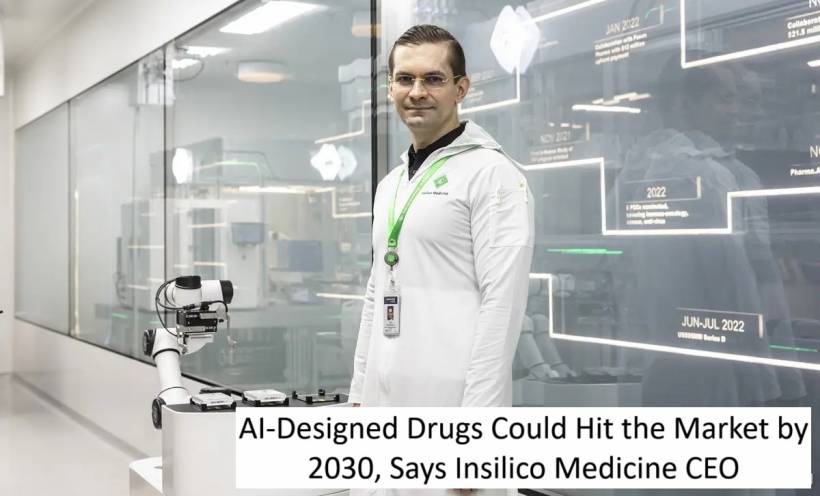Artificial intelligence isn't just transforming how we communicate or create content—it's now on the verge of revolutionizing how we develop medicine. According to Alex Zhavoronkov, CEO of AI drug discovery firm Insilico Medicine, the world could see the first AI-invented drugs commercially available within the next five to six years.
AI in Pharma: Hype or Breakthrough?
The pharmaceutical industry has long hailed artificial intelligence as a game-changer. The idea is simple: reduce the time, cost, and guesswork involved in discovering new drugs. But so far, despite the excitement, no fully AI-developed drug has made it past the regulatory finish line.
That could soon change. Japanese pharmaceutical giant Takeda is currently in late-stage clinical trials for a psoriasis treatment that was selected using AI tools. Results from those trials are expected this year, offering a real-world test of AI's potential in drug development.
What Makes Insilico Medicine Different?
According to Zhavoronkov, many drugmakers still treat AI as a bolt-on tool—helpful in specific parts of the pipeline but not used holistically. Insilico, however, integrates AI at every stage: from identifying biological targets, to designing molecules, and even optimizing drugs for human testing. In short, the entire journey is AI-guided.
That full-stack approach could give the company a crucial edge as the race to AI-driven drug commercialization heats up.
A Billion-Dollar Bet on AI Pharma
Insilico isn't just innovating—it's expanding. The company operates globally, with teams in the U.S., China, the Middle East, and Canada. And it's betting big on growth. Recently, the company refiled for a public listing on the Hong Kong Stock Exchange after a successful private funding round, which pushed its valuation past US$1 billion (roughly RM4.27 billion).
With deep pockets, a broad R&D portfolio, and full AI integration, Insilico is positioning itself as a frontrunner in what could be one of the most disruptive shifts in pharmaceutical history.
